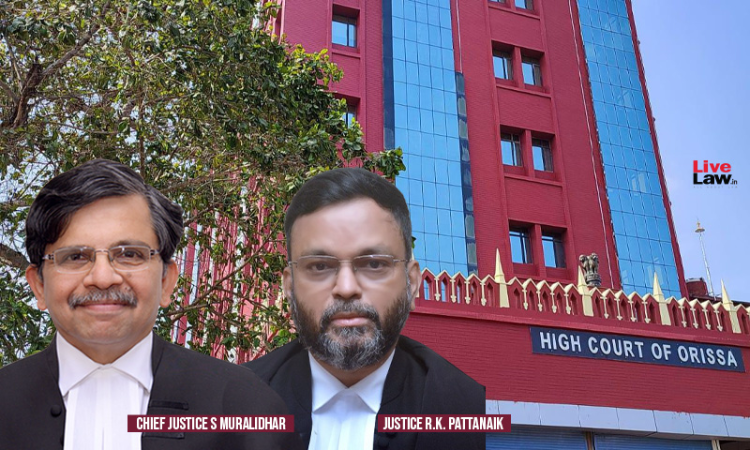Income Tax Deduction Not Allowable On Deposit In No-Lien/Escrow Account: Orissa High Court
Mariya Paliwala
14 March 2022 11:18 AM IST

Next Story
14 March 2022 11:18 AM IST
The Orissa High Court bench consisting of Chief Justice S Muralidhar and Justice R.K. Pattanaik held that the income tax deduction is not allowable on deposit in a no-lien or escrow account.The appellant/assessee, a company, is in the business of manufacturing and selling ferro alloys like ferro silicon and charge chrome. The assessee filed its return of income, declaring a total...
